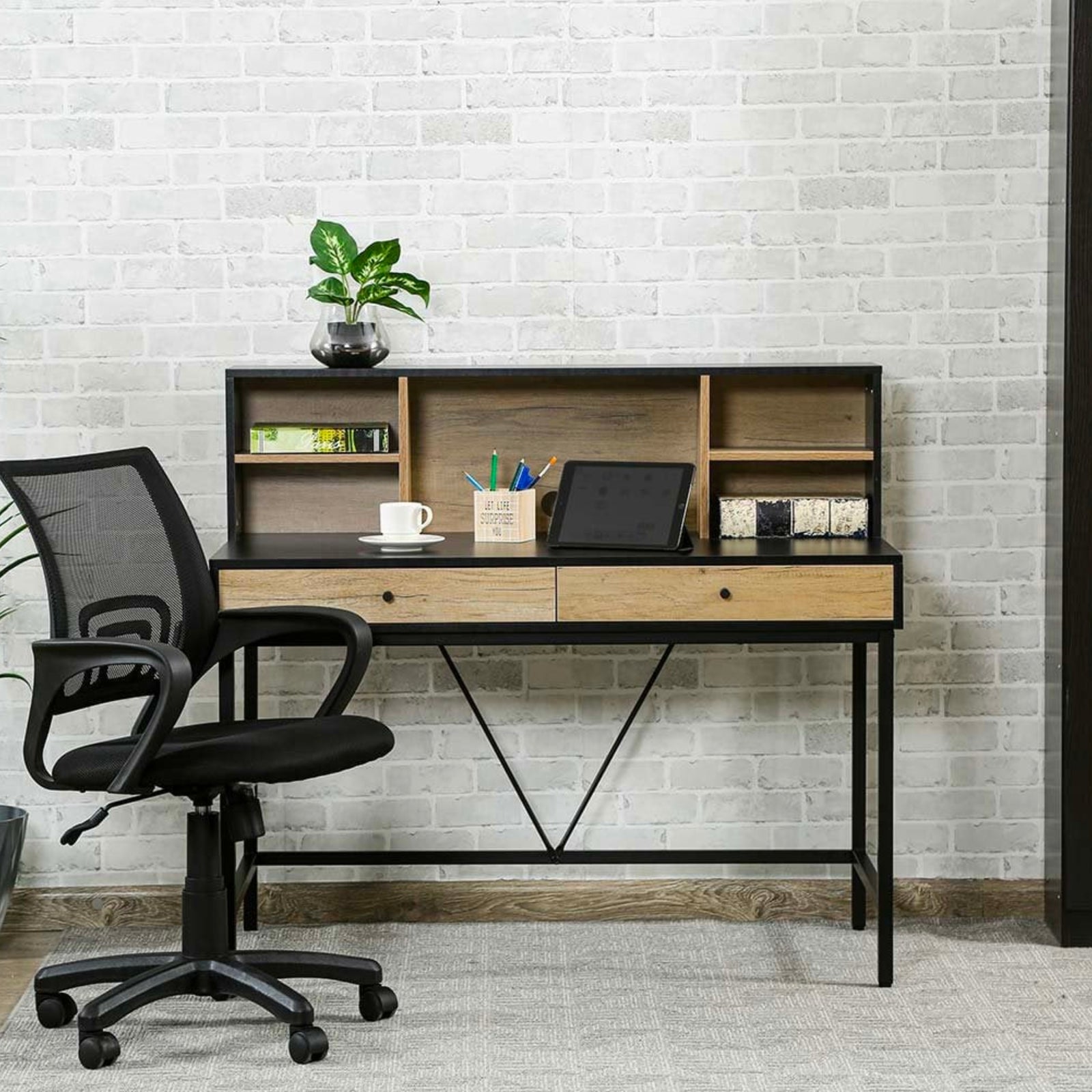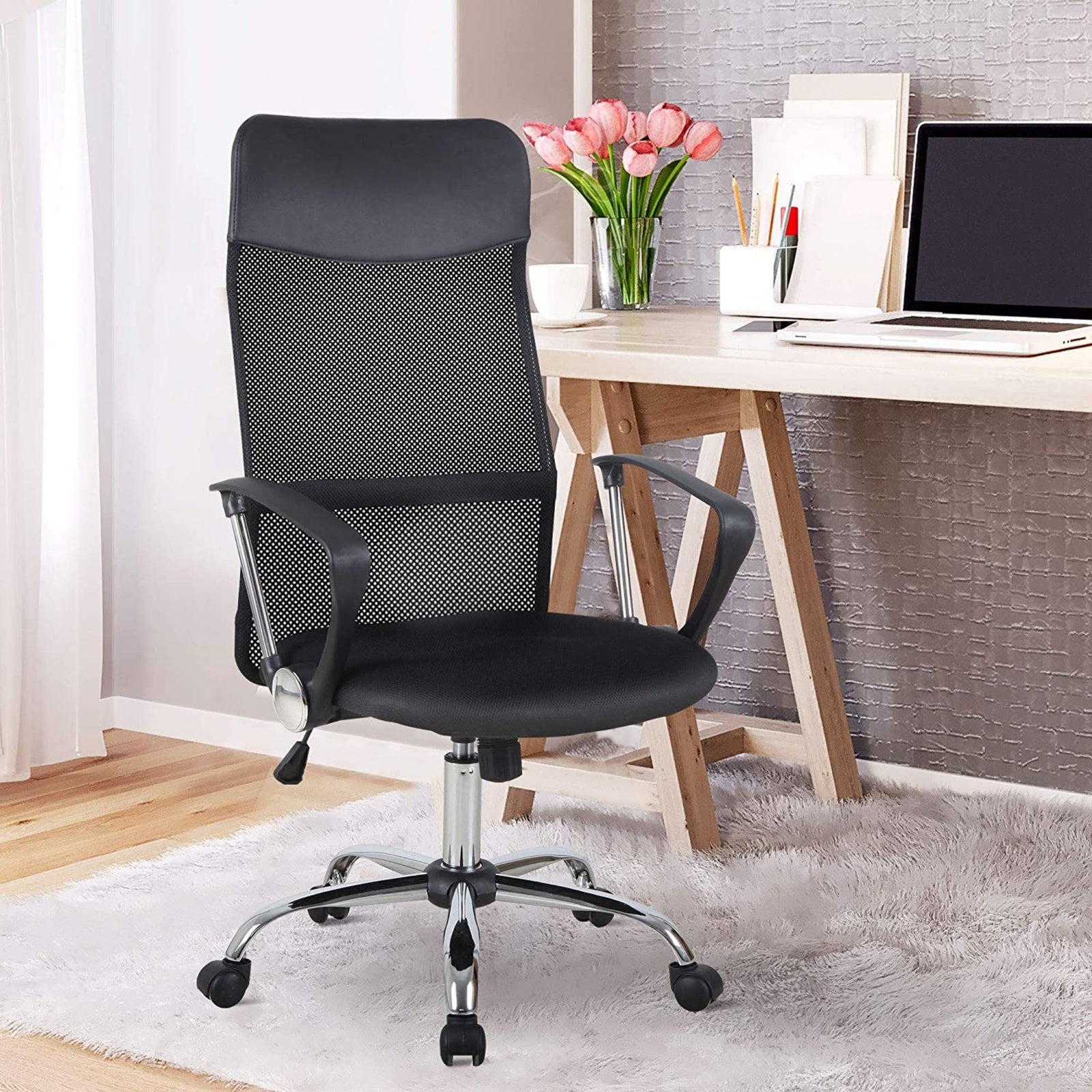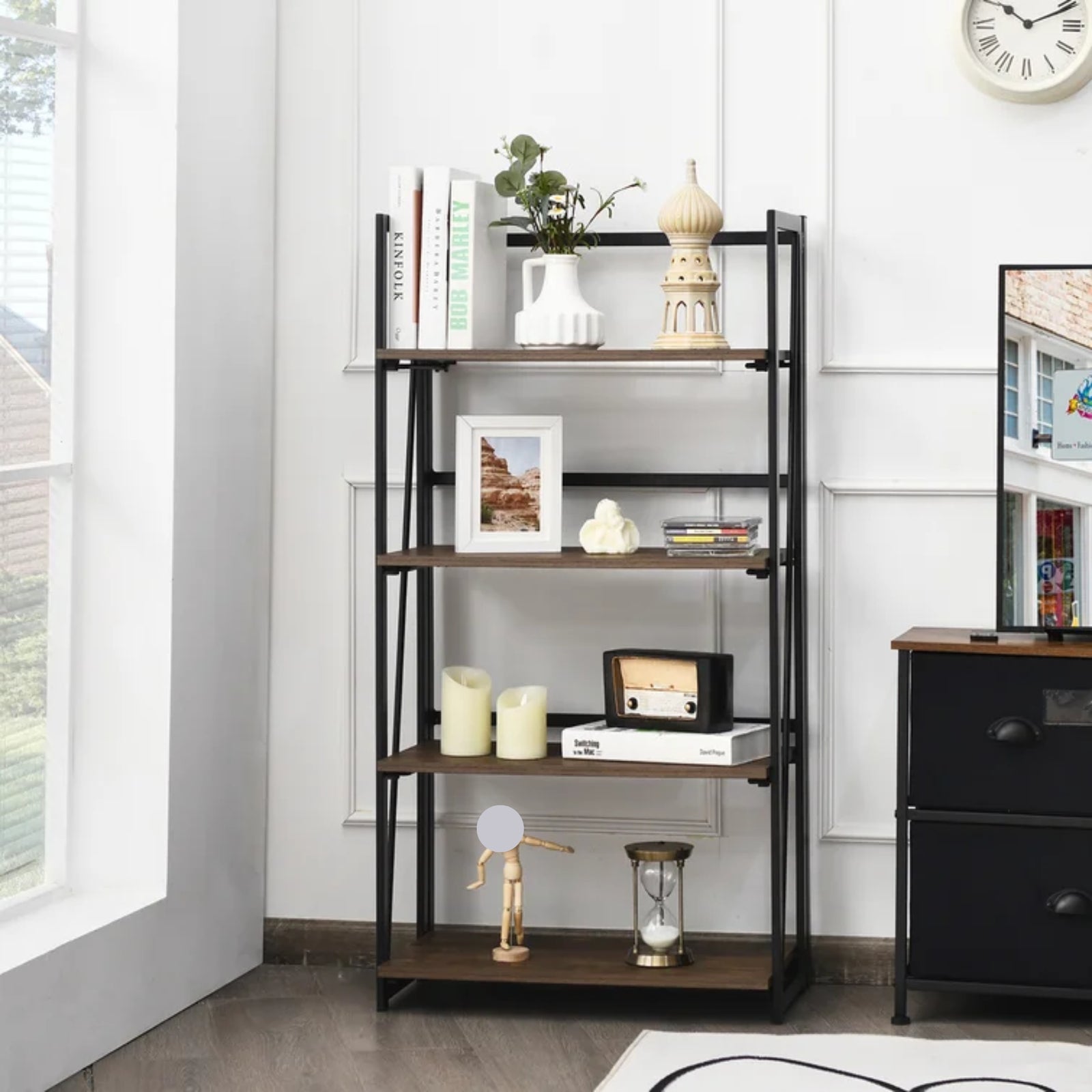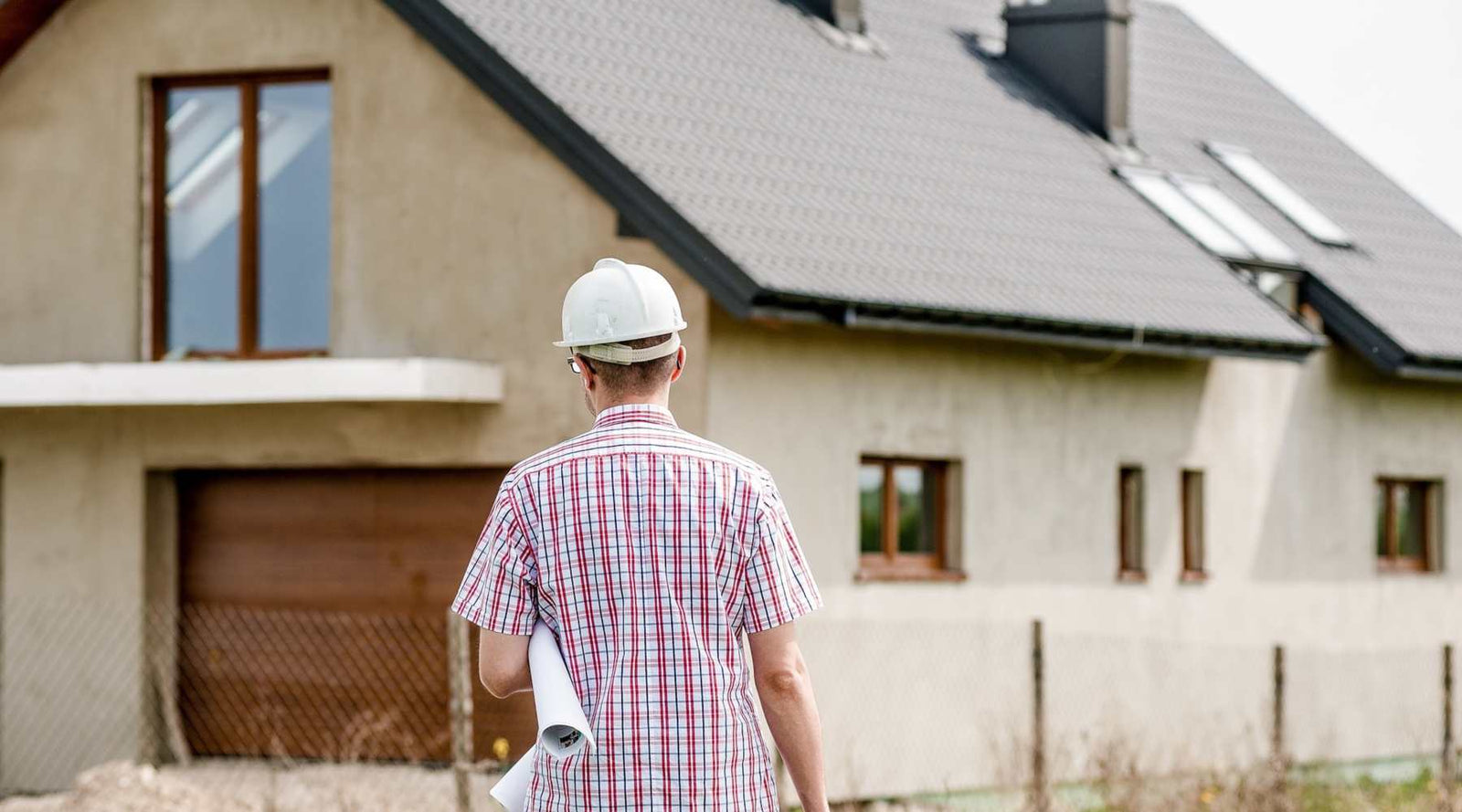Kindly Note our landlines are down, 0847863074 in use
Kindly Note our landlines are down, 0847863074 in use
New
RESTOCKED
Bold design and classic elegance with style and personality.

Hilton Lounge Suite
RESTOCKED
Add seating style to your indoor and outdoor areas.

Replica Masters chair
RESTOCKED
Make a bold statement in any living room or office.

Replica Shell chair
Furniture
Amazing value that fits your budget.

West Town Desk
Eye catching additions to your office.

Zara Office Chair
Storage
Smart pricing with fast+ free delivery.

Harper Bookshelf
Hot sellers, now at can't resist prices.

Mona Chest of Drawers
Inspiration
Things to ask your contractor before starting a project
April 28, 2019 3 min read

Renovating or building a home is a big financial and emotional investment. It can also be a big investment of your time if you want to be closely involved in the decision-making. To better prepare for the process, it is important to know what to expect before getting starting on the project.
These are 9 questions to ask before starting your home project.
1.) What is our schedule?A schedule is more than just a start and end date, its about having a schedule that outlines tasks and timing will give you a big-picture view of sequencing and deadlines for things such as tile and counter-tops. It will also give you a benchmark so that you know if things are slipping by a day or two.
2.) Who will be here everyday?This question has answer that can vary widely as it depends on the size and structure of the company you hire. Ask your contractor direct questions
- Who will be responsible for opening and closing up
- Who will supervise sub-contractors on-site
- Whom to call on a daily basis with any questions
3.) How will you communicate with me?
With every mode of electronic communication at your fingertips, you may have some ideas about how you would like to receive information about your project. Your contractor likely has specific ways he or she likes to communicate too — daily emails, cloud-based schedules or maybe just phone calls. Make sure you understand how you will be contacted and receive information.
Weekly meetings at a specific time are an effective way to make sure you see your contractor in person to get your questions answered.
4.) How will you protect my property?
This is a conversation best had before demolition, not after you come home and find dust all over the house. Dust containment measures should be discussed as there are a number of ways to solve this, having a clear idea before demolition will help. For example how will the construction area be cordoned off from the rest of your home and how you be able to move around the house.
There’s also the issue of stuff — all the books, furniture, drapes, delicate vases and paintings on the wall. It’s helpful to remove them all from the construction zone. It’s better to move it all at once and know it’s safe and sound.
5.) What will happen if there is a change-order?
This is something that be easily handled in contracts. A good way to document change-orders is in writing, where the change in scope of work and price are noted and signed by the client and the contractor. Note the change schedule as well.
6.) How will you let me know I need to make a decision?
Organize a list to give you focus and a clear direction. Asking for a list and deadlines will help you keep organized and ensure that you are able to shop for materials and make decisions in time to meet your contractor’s schedule.
7.) How do I reach you after hours?
Exchange all your numbers work, cell and landline so that contacting each other won’t be a problem. Knowing how to reach your contractor on an emergency basis is just as important as your contractor being able to reach you.
8.) When do I need to be available to meet?
Besides regular meetings, there may still need to be necessary additional meetings. Like an electrical walk through on the day the electrician sets boxes and lights so that everyone can review their placement and function before wires are run.
Another key day is when tile-setters work on the layout. There are a number of ways to set tiles and having an on-site meeting is the best way to make those decisions.
9.) What kind of documentation will I require when the project is completed?
Contracts frequently call out end-of-project paperwork:
- lien releases
- marked-up plans with as-builts on plumbing and other utilities
- copies of inspection reports and so on
There may be additional items you will find valuable like a full set of mechanical photos before insulation is installed, the operating manuals for installed equipment (and a personal lesson in their operation if you don’t know the basics), a list of subcontractors and contact info, care for things such as counter-tops and tile, and a well-marked electrical panel. Confirming that you will receive these things before you get started will help ensure on completion of the project you have all the information you need.
Ask these questions before signing with your contractor. It will help for better communication and fewer surprises along the way. Asking questions like these above will quickly help you see behind the facade to determine if your contractor is organized, thorough, and fully capable.
Leave a comment
Comments will be approved before showing up.
Subscribe
Sign up to get the latest on sales, new releases and more …

